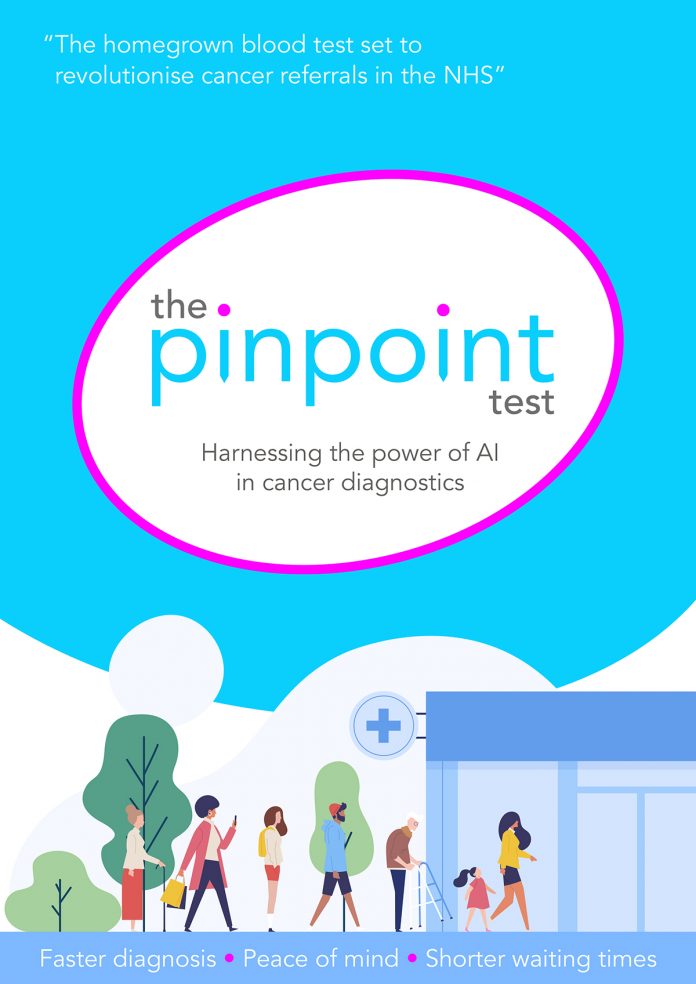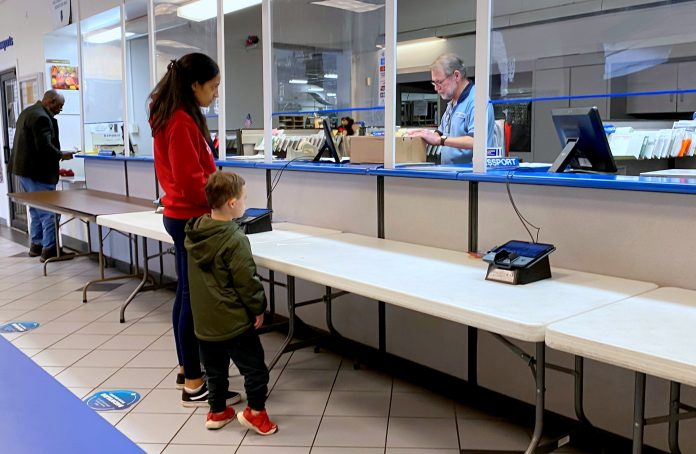Open Access Government produces compelling and informative news, publications, eBooks, and academic research articles for the public and private sector looking at health, diseases & conditions, workplace, research & innovation, digital transformation, government policy, environment, agriculture, energy, transport and more.
Home Search
COVID-19 - search results
If you're not happy with the results, please do another search
Internet access as a human right could improve equality
Human rights attainment could be improved by increasing internet access to those unable to afford it, improving education, employment, health and more.
Justice in the United States: Prison system focus
Some of the U.S. Department of Justice’s work, including a look at the federal prison system, is assessed here by Open Access Government.
The transformative power of AI in healthcare
Kirsty Biddiscombe, UK Head for AI, ML & Analytics at NetApp, discusses the transformative power of AI in healthcare.
Bridging the gap between evidence and action – the case for collective leadership in...
Here, Patricia Beattie-Huggan, President and Principal Consultant from The Quaich Inc, provokes a discussion on how collective leadership can bridge the gap between evidence and action, with examples from the Canadian context.
Nanomedicine: A multipronged approach to tackle infectious diseases
Ruplekha Choudhurie, Senior Industry Analyst/Team Lead, walks us through nanomedicine, explaining a multipronged approach to tackle infectious diseases.
Helping first-time buyers navigate the UK Spring Budget announcement
Nick Lewis-Smith, Director at Michael Anthony Estate Agents, discusses how the UK Spring Budget announcement will affect first-time buyers.
Tackling skills shortages & inactivity head-on to deliver a resilient labour market
Mariya Mincheva from the European Economic and Social Committee, states the case for tackling skills shortages and inactivity head-on to deliver a resilient labour market.
The importance of good childcare services for gender equality
Professor Ingela Naumann at Fribourg University discusses the impacts of the COVID-19 pandemic on childcare arrangements and family wellbeing, and how it highlighted gendered care norms.
Investing in risk communication and community engagement
Safaa Moussa, Rokayya Konswa, and Dalia Samhouri, from WHO Regional Office for the Eastern Mediterranean, explain the importance of investing in risk communication and community engagement.
The Pinpoint Test: Harnessing the power of AI in cancer diagnostics
Suspected cancer patients in England are currently referred to the NHS urgent cancer referral pathway, known as the ‘2-week wait’ (2WW). It guarantees that suspected cancer patients can see a specialist in Secondary Care within 14 days of referral.
Could fecal microbiota transplants cure chronic illnesses?
The Invisible Extinction explores the burgeoning new science of fecal microbiota transplants and how it can help those suffering from chronic illnesses.
Acute care hospital reform in Japan: Outcomes in quality and market competition
This paper describes why the fee system for acute care hospital reform in Japan is beginning to show results.
Is society excluding neurodiverse professionals from employment?
Neurodiverse professionals offer a mass of untapped potential in the workplace as fresh thinkers who bring unique and powerful perspectives to technology.
The link between gene expression and machine learning
Professor Y-h. Taguchi uses tensor decomposition to identify genes associated with altered gene expression caused by drug treatment.
Tackling the digital dropout crisis
Recent research shows a high rate of digital dropouts for government services, but what does this actually mean?
The IDEA Model: A best practice for data-driven strategic risk and crisis communication
Professors of Strategic Communication Dr. Deanna D. Sellnow and Dr. Timothy L. Sellnow explore strategic risk and crisis communication using the IDEA Model, a theoretically grounded tool for effective communication.
Personalisation: The key to long-term success in organ transplantation
Personalised medicine has become essential in practically every field of healthcare, but tailored medicine is extremely vital when it comes to organ transplantation.
Emergency hospital admissions reduced by virtual wards
Virtual wards, a new NHS scheme to reduce patient waiting times and staff shortages, have already treated over 100,000 patients .
Fostering nonhuman primate (NHP) brain research without animal sacrifice
The MacBrain Resource Center (MBRC) at Yale University School of Medicine is positioning itself at the forefront of innovative ways to provide cost-effective means for scientists to conduct de novo nonhuman primate brain research with extant materials.
A digital healthcare system is not beyond the realms of possibility
In order to establish an effective digital healthcare system, we need to build trust with privacy first, argues Nigel Jones, co-founder of the Privacy Compliance Hub.





















